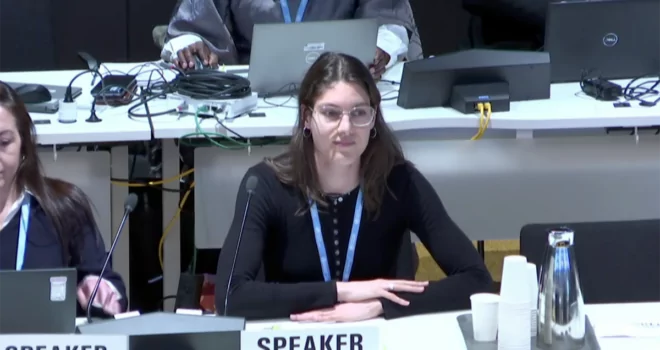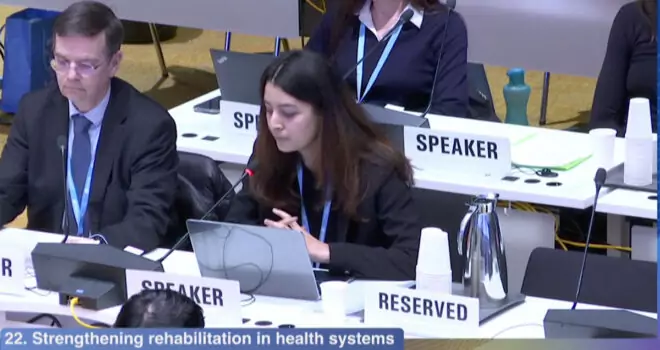
As the world prepares to convene in Belém for the 30th United Nations Climate Change Conference (COP30), we respectfully urge governments and global leaders to place cardiovascular health at the centre of climate commitments.
Climate change poses both direct and indirect threats to heart health. Two of the most urgent direct risks are:
- Air pollution – Largely driven by fossil fuel combustion, air pollution was responsible for approximately 8 million premature deaths in 2023, with half resulting from heart disease and stroke. It remains the leading environmental risk factor for cardiovascular disease worldwide.
- Extreme heat – Heatwaves are becoming more frequent and intense, which could raise cardiovascular mortality up to seven-fold among people living with existing heart disease.
Beyond these immediate dangers, climate change also heightens indirect risks to cardiovascular health. Droughts, floods, wildfires, and hurricanes threaten food and water security, sanitation, and the continuity of healthcare services—conditions that can exacerbate chronic diseases, increase vulnerability to acute cardiovascular events, and erode community resilience.
These risks are especially acute in low- and middle-income countries, where 90% of air pollution-related deaths occur and where health systems are often less equipped to respond to climate-related emergencies. The pace of implementing mitigation and adaptation measures in these settings remains far too slow to match the urgency of the threat. Beyond health, the economic cost of inaction is staggering: the World Bank estimates that air pollution–related health damages amount to $8.1 trillion annually (6.1% of global GDP), while the UN Economic Commission for Europe finds that failing to act can be up to 25 times more expensive than adopting clean air policies.
To ensure that health equity and heart health are embedded in climate policy, the World Heart Federation and Instituto Lado a Lado pela Vida request governments at COP30 to:
- Integrate cardiovascular health into Nationally Determined Contributions and other climate-related national strategies,
- Phase down fossil fuel use, which drive both climate change and air pollution,
- Develop national policies that reduce exposure to air pollution, promote clean household energy, and improve active and sustainable mobility,
- Adopt and implement the WHO 2021 Global Air Quality Guidelines to reduce air pollution levels and prevent over 4.5 million CVD deaths,
- Strengthen heatwave preparedness plans, with a focus on early warnings, public health messaging, and targeted protections for high-risk populations,
- Prioritize vulnerable populations—including people living with NCDs, children, and older adults—in building more resilient, equitable health systems,
- Safeguard policies from commercial and vested interests,
- Engage civil society and marginalized groups in the planning, implementation, and monitoring of climate and health strategies.
Climate action is not only an environmental imperative—it is a public health necessity. By protecting the air we breathe and the climate we depend on, we also protect the hearts and lives of millions. As the world looks to COP30 for leadership, we urge governments to champion a future where clean air, a stable climate, and cardiovascular health are recognized as shared global goods.
Signed,
Jagat Narula, MD PhD Marlene Oliveira
President (2025-2026) President
World Heart Federation Instituto Lado a Lado pela Vida


